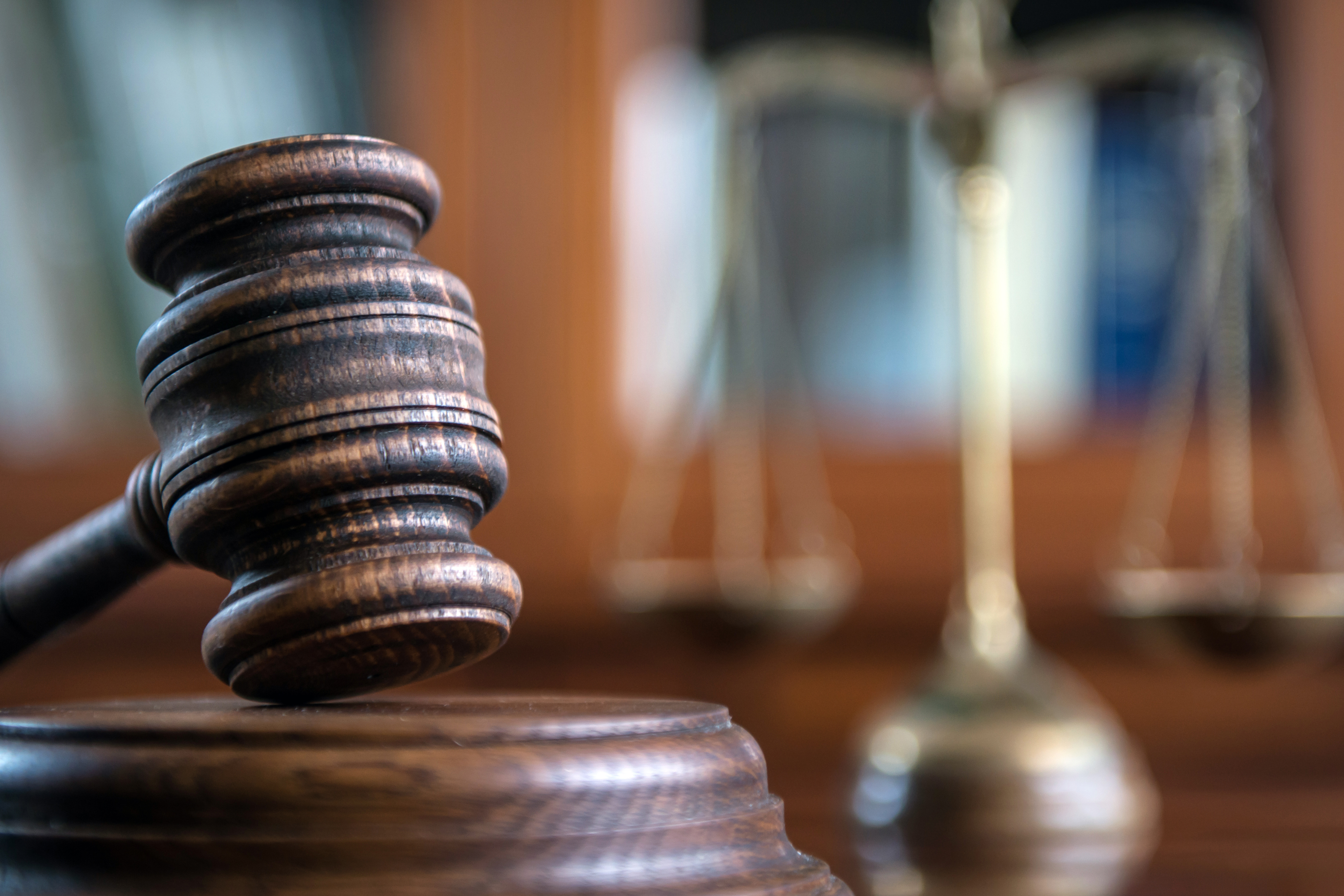Professor Dmitry Karshtedt participated in a debate last month at the 18th Annual Berkeley-Stanford Advanced Patent Law Institute. The conference presented a roster of judges, academics, litigators, patent prosecutors, and senior IP counsel from major corporations offering an in-depth look at the latest developments in patent law and practice. The debate, "Is the PTAB Constitutional?" focused on the question presented in the Supreme Court case Oil States Energy Services, LLC v. Greene's Energy Group, LLC. The issue is whether inter partes review, an adversarial process used by the USPTO/Patent Trial and Appeal Board to analyze the validity of existing patents, violates the Constitution by extinguishing issued patents through a non-Article III forum.
The debate, which featured Brian Matsui of Morrison & Foerster, took place in a Q&A format between Professor Karshtedt and Mr. Matsui. A few questions are featured that were raised during the debate. Are ex parte and inter partes reexaminations constitutional? Once a patent is issued, can Congress provide any mechanism for the PTO to revoke the patent that does not involve an Article III court? Mr. Matsui asked. If not, can Congress change the burden of proof on invalidity? Could Congress say, since there are no IPRs, we are going to make patent plaintiffs prove that their patents are not invalid? Could Congress require that by clear and convincing evidence? Throughout the briefing, respondents have aimed to analogize post-issuance determinations of patentability at the PTAB to initial ex parte prosecution, Professor Karshtedt explained. "But I wonder if, for the purposes of Article III inquiry, it makes a difference that unlike prosecution, most IPRs proceed in parallel with an infringement case that the PTAB's determination of non-patentability can fully resolve," he asked. Oil States is arguably the most important patent law case of the decade, and as the exchange of questions continued between the two panelists, this debate-style panel reviewed some of arguments presented to the Supreme Court.


